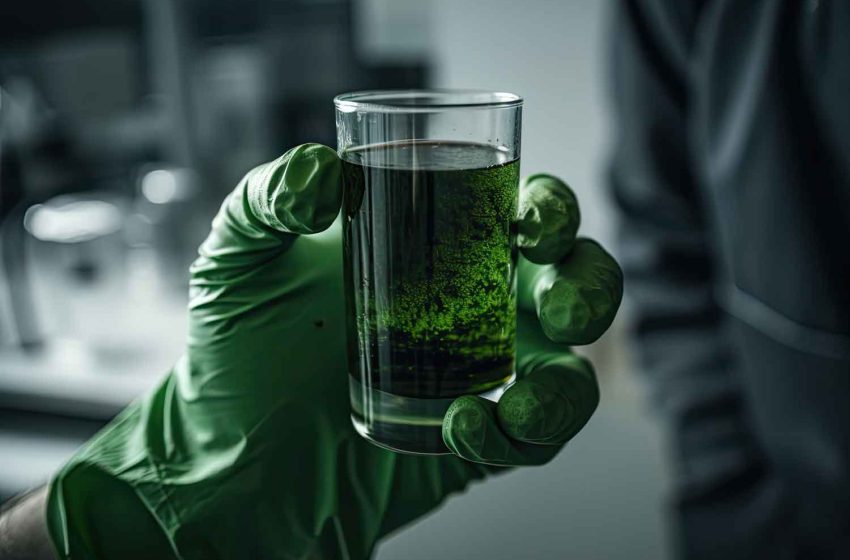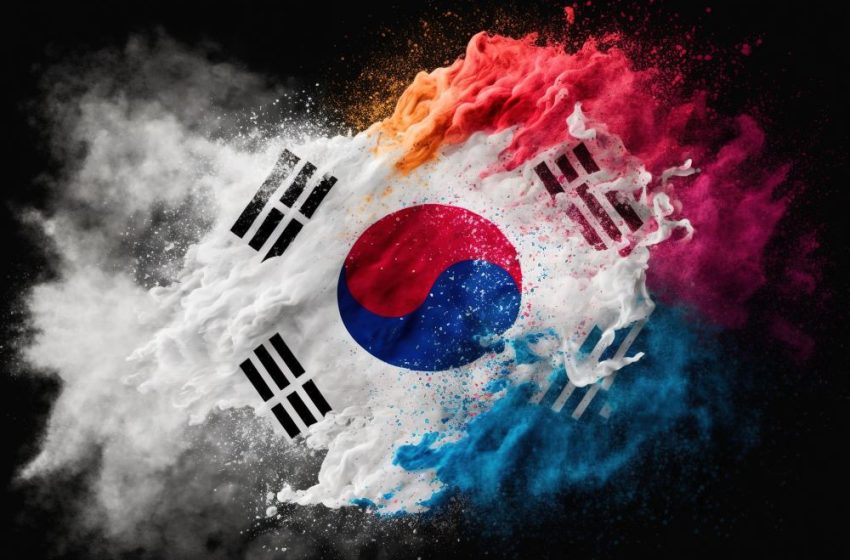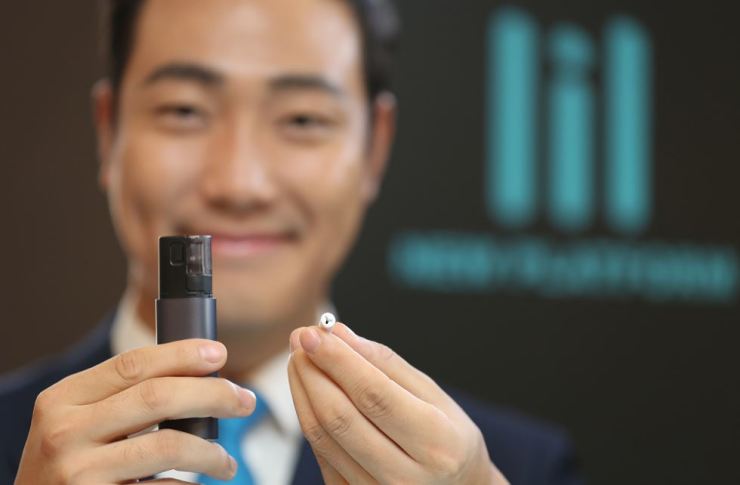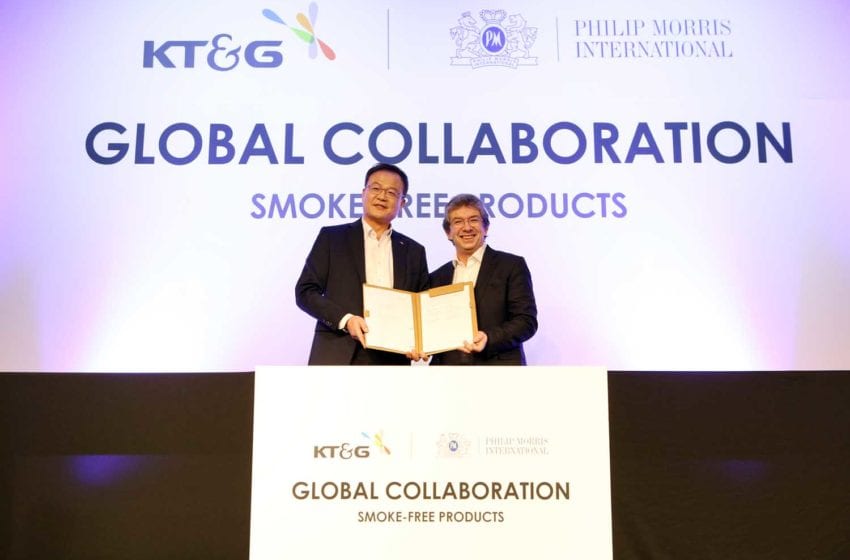The firms are accused of mis-declaring the nicotine content of imported liquid bases.Read More
Tags :Korea
The organisms will help reduce the factory’s annual carbon dioxide footprint by 2.15 tons. Read More
Korea's embrace of international standards will make some people younger.Read More
The Customs Service has developed a new technology to detect synthetic nicotine. Read More
The firm will release Lil Able and its premium version Lil Able Premium on Nov. 16. Read More
South Korea and Japan, the world’s leading HNB markets, have different views on the technology’s potential. Read More
KT&G prepares to join the world’s premier league of tobacco companies.Read More
The imposition of graphic health warnings on cigarettes sold in South Korea is expected to knock KT&G’s domestic sales initially, but they are expected to rebound before the end of the year.Read More
Cigarette makers in South Korea will be banned from using such words as light, low tar and pure on cigarette packaging from next year, reports The Korea Times. The Ministry of Strategy and Finance announced Read More
Zimbabwe sold nearly 190 million kg during the 2013–2014 season, surpassing the target of 180 million kg, reports New Zimbabwe, quoting the Tobacco Industry and Marketing Board (TIMB). Auction and contract sales fetched a combined $604.7 million. Although auction Read More







